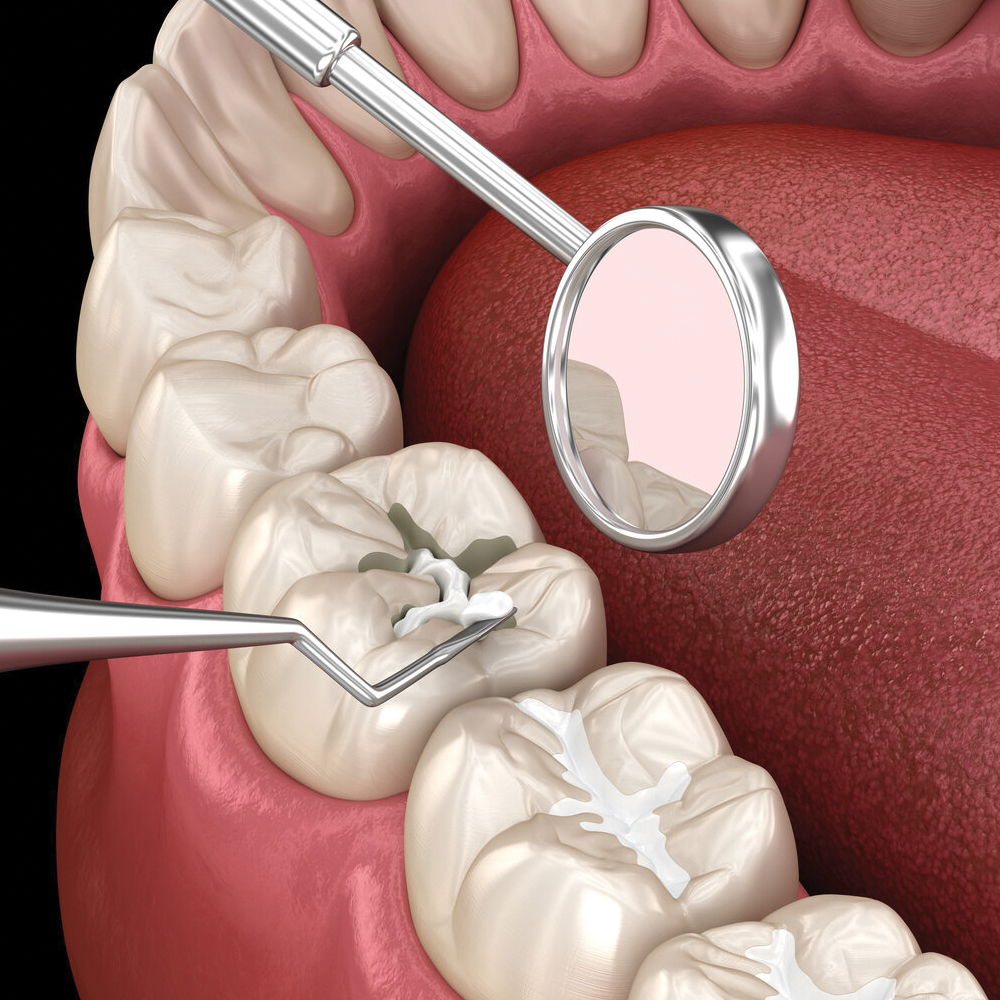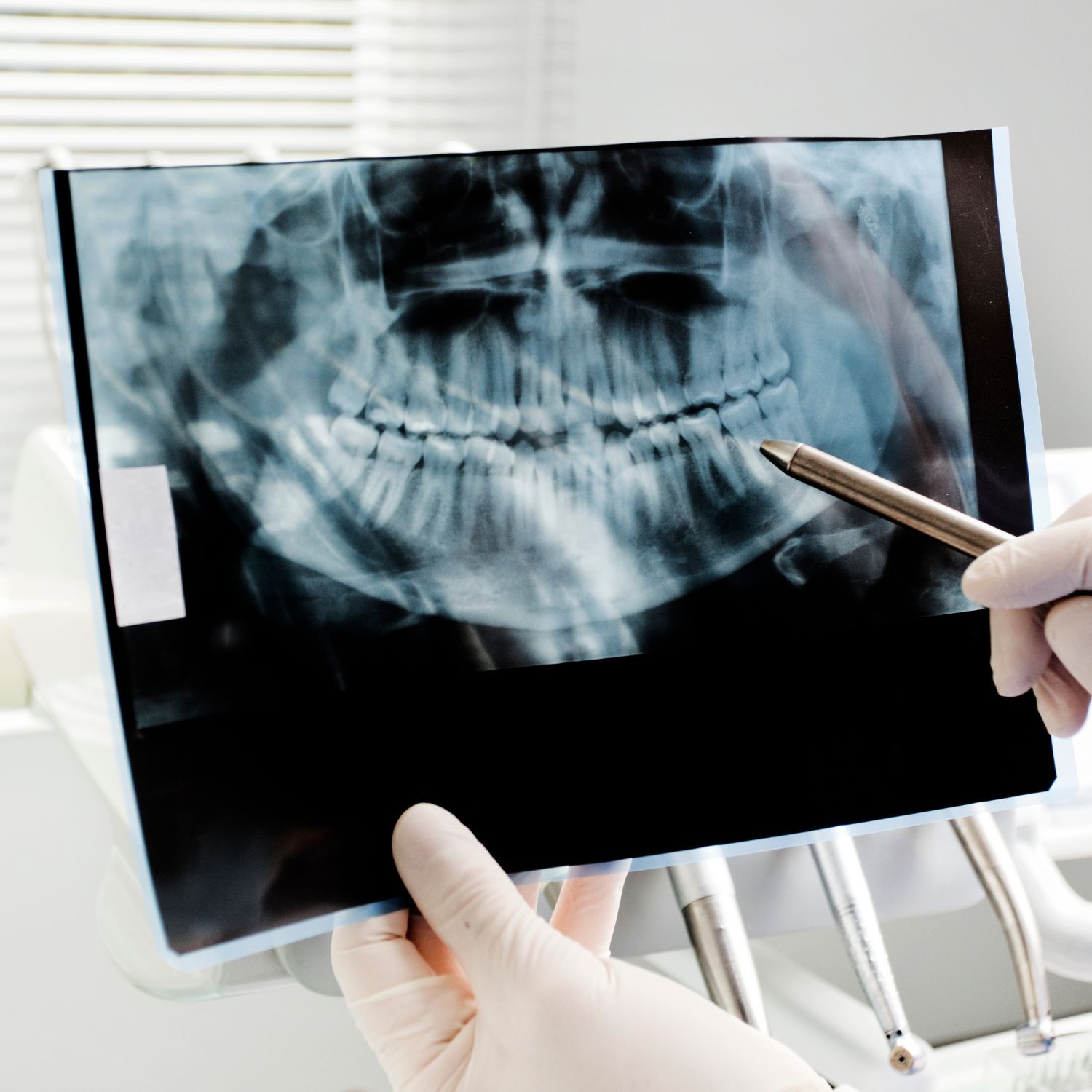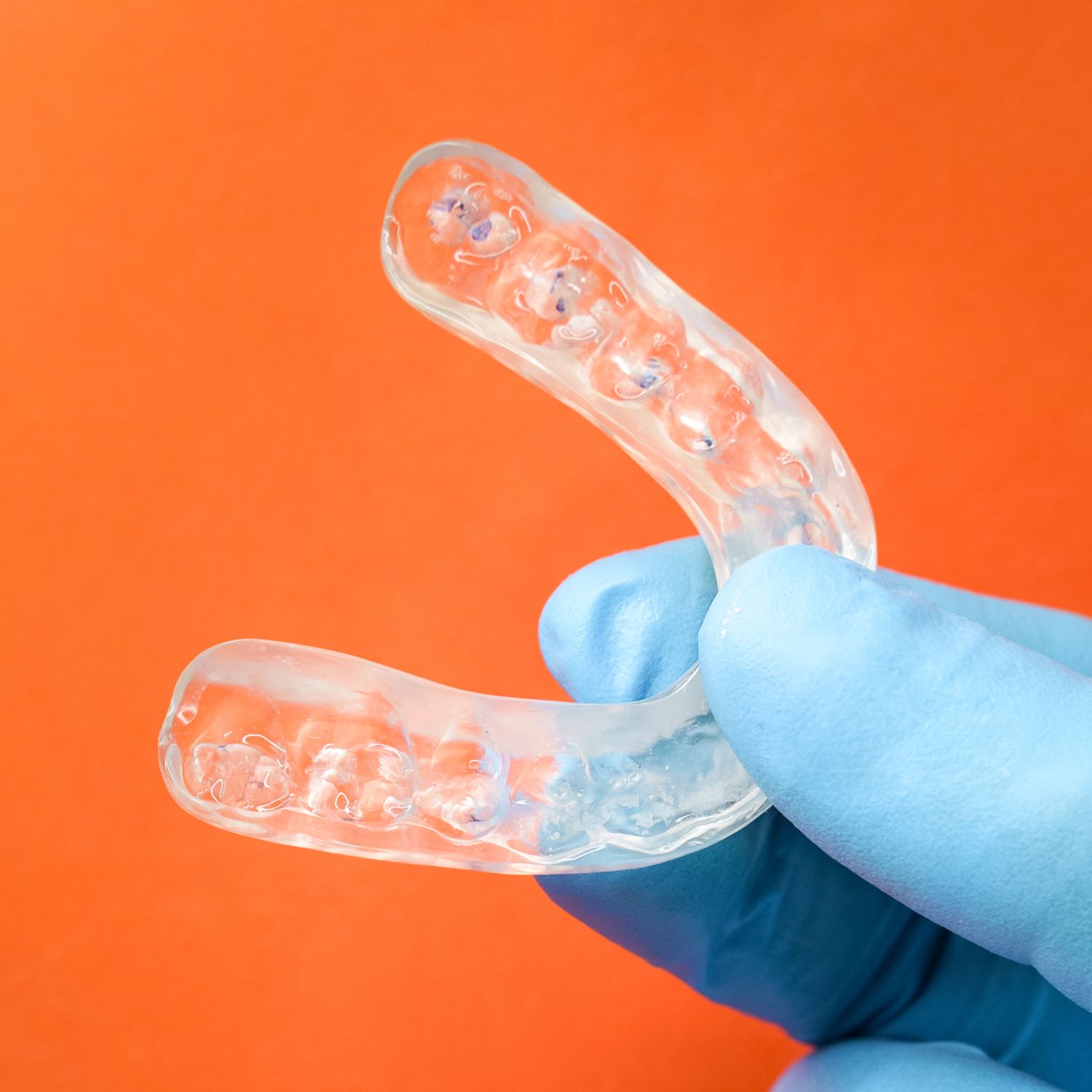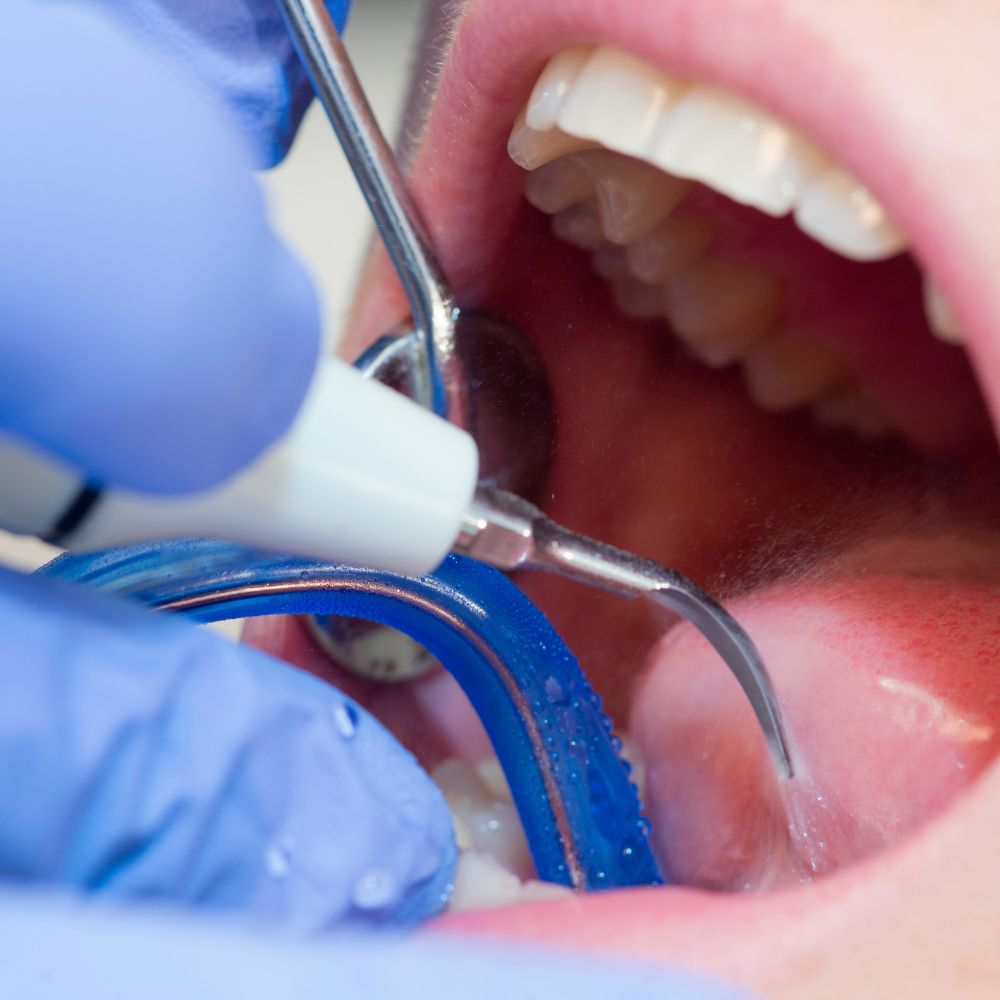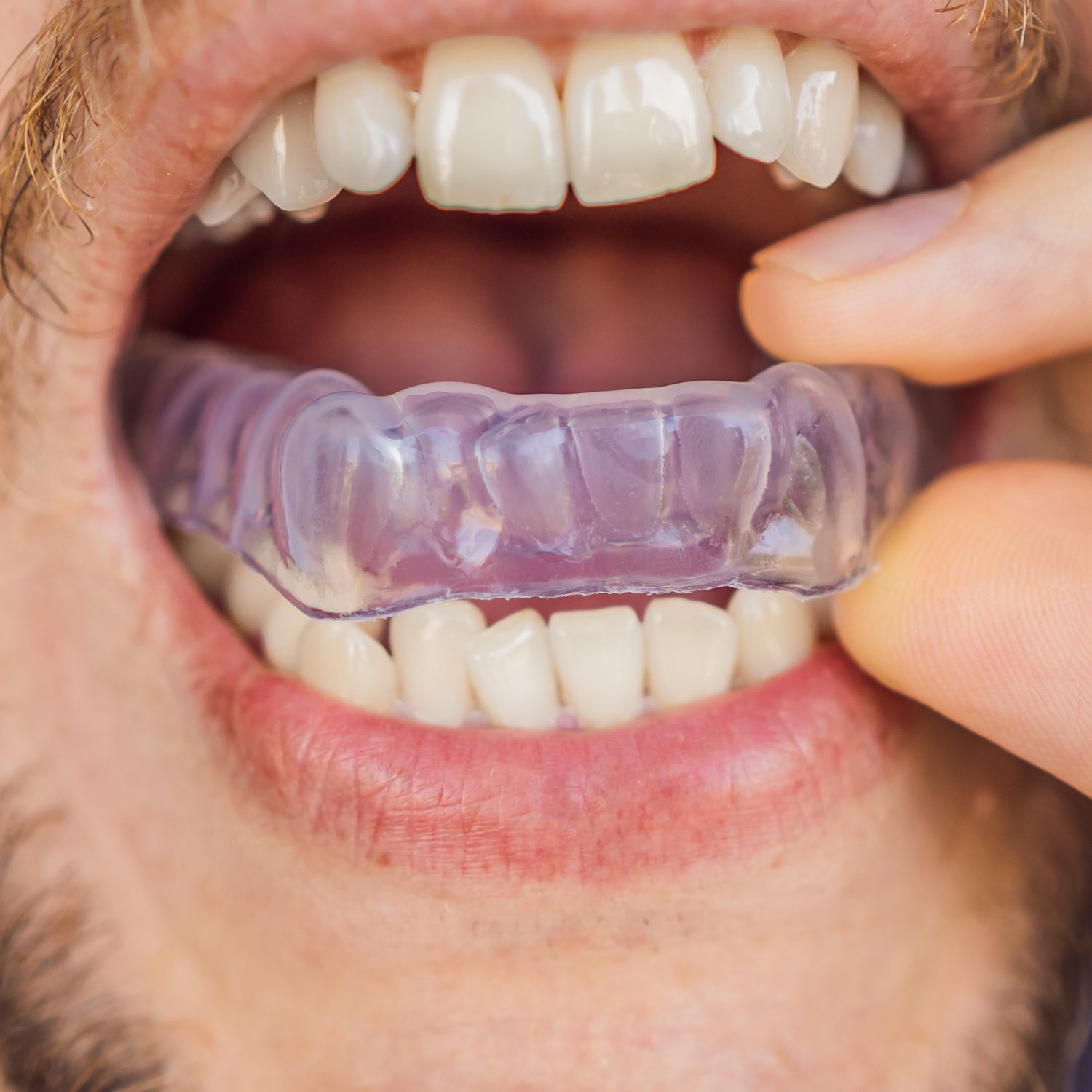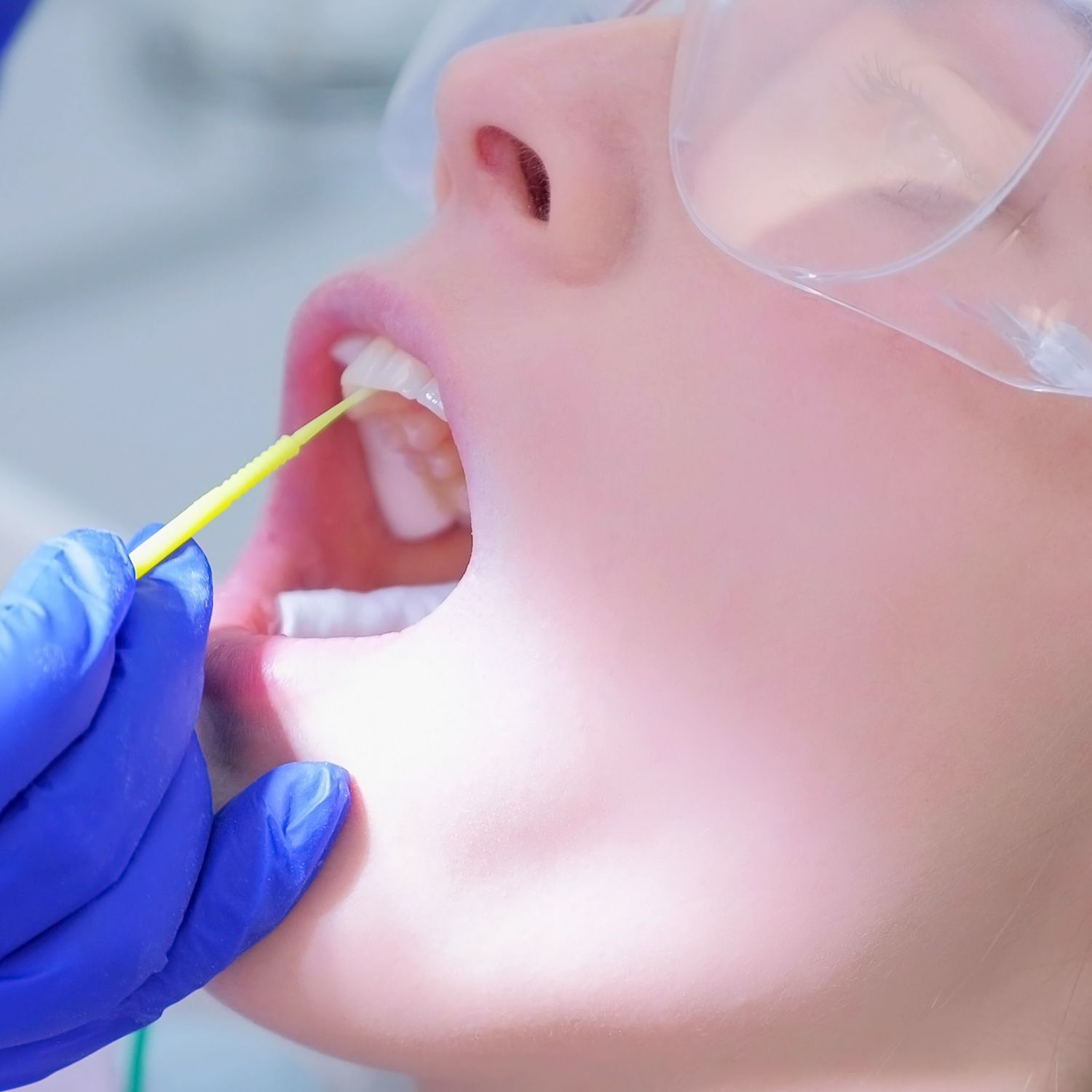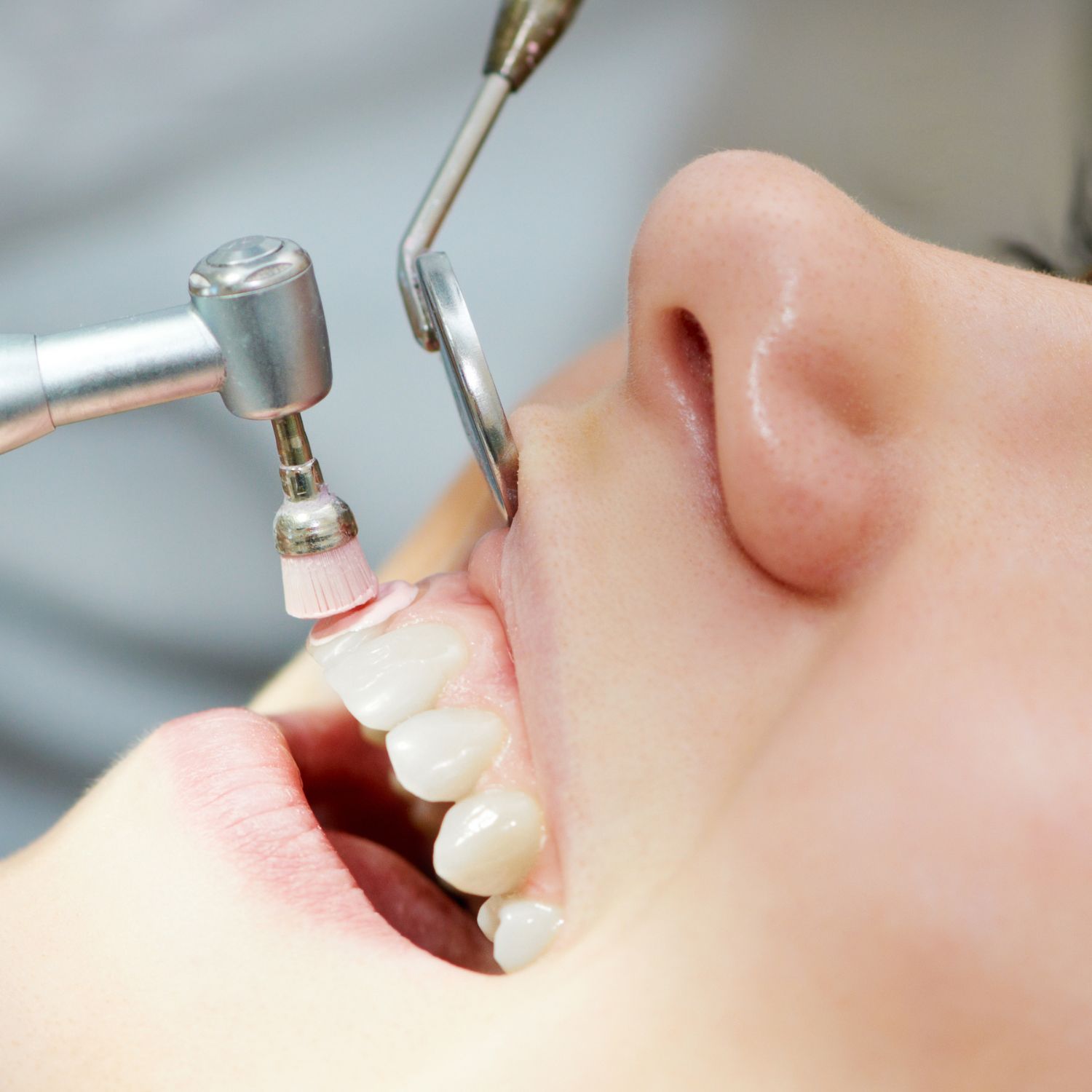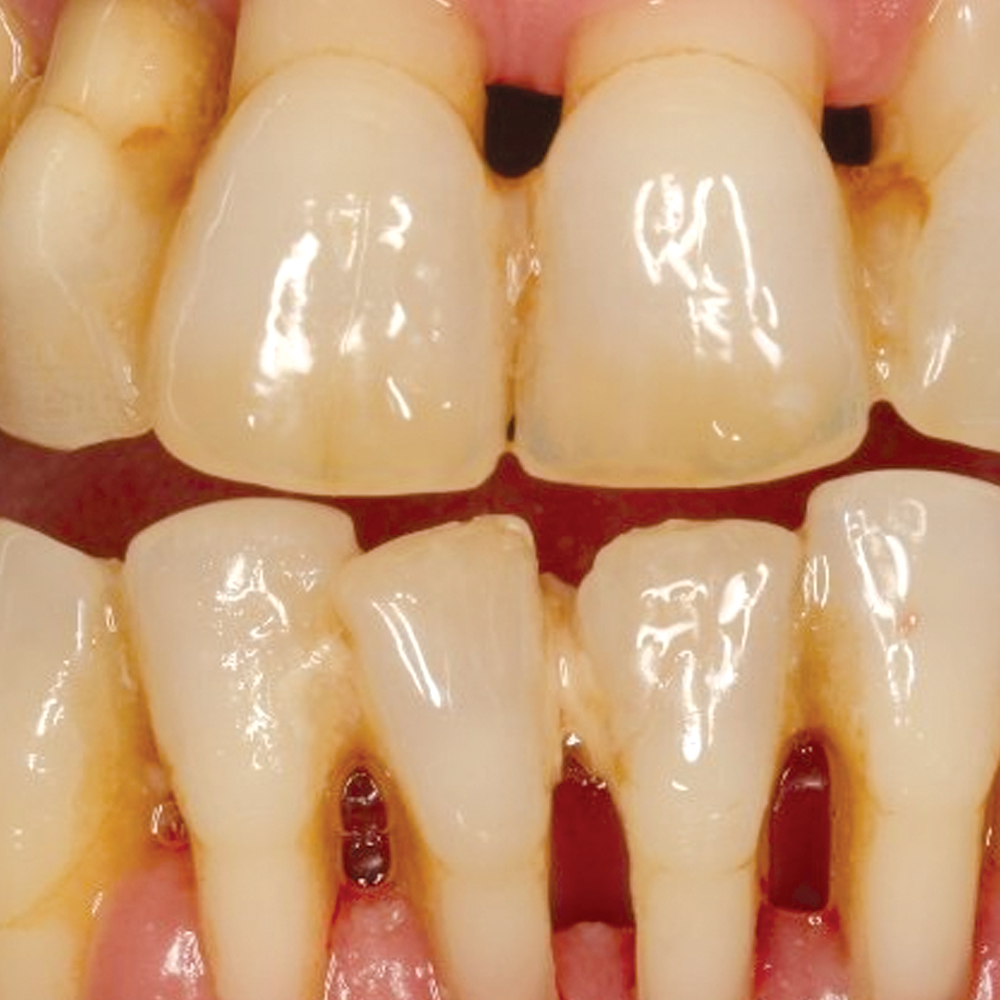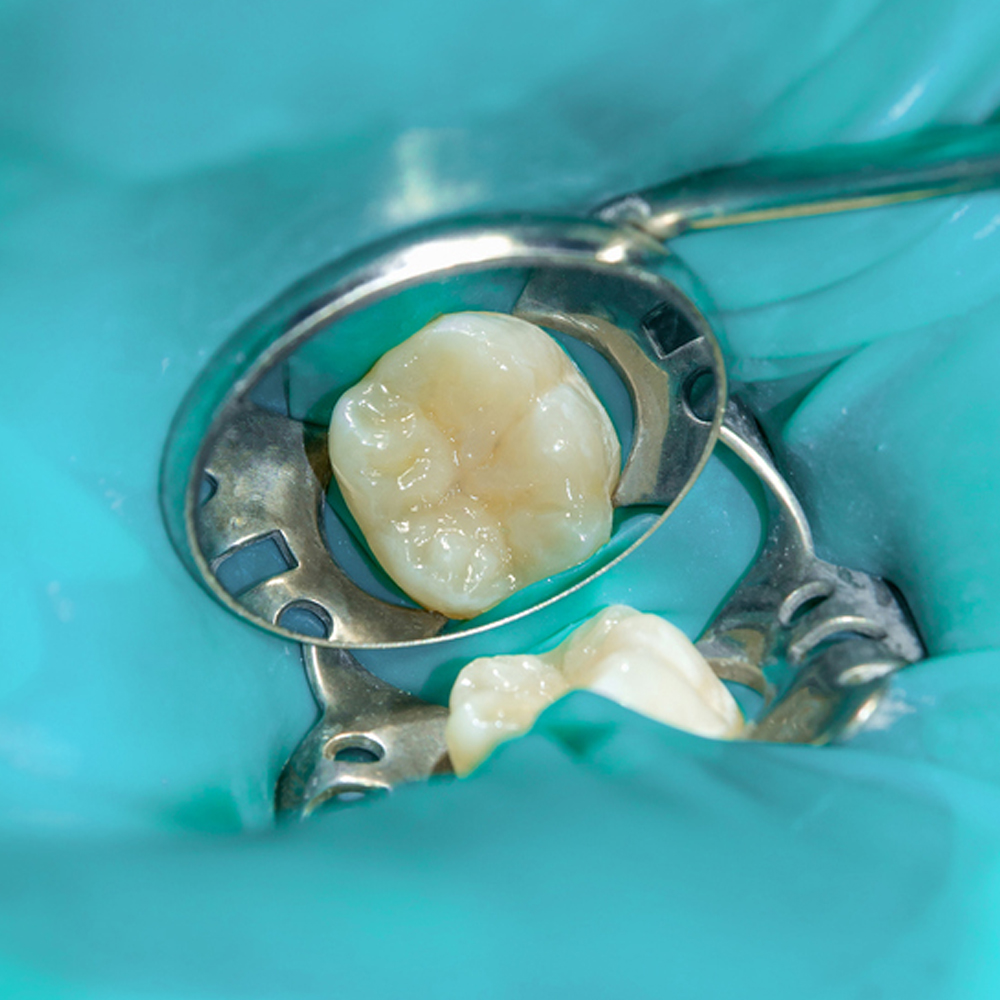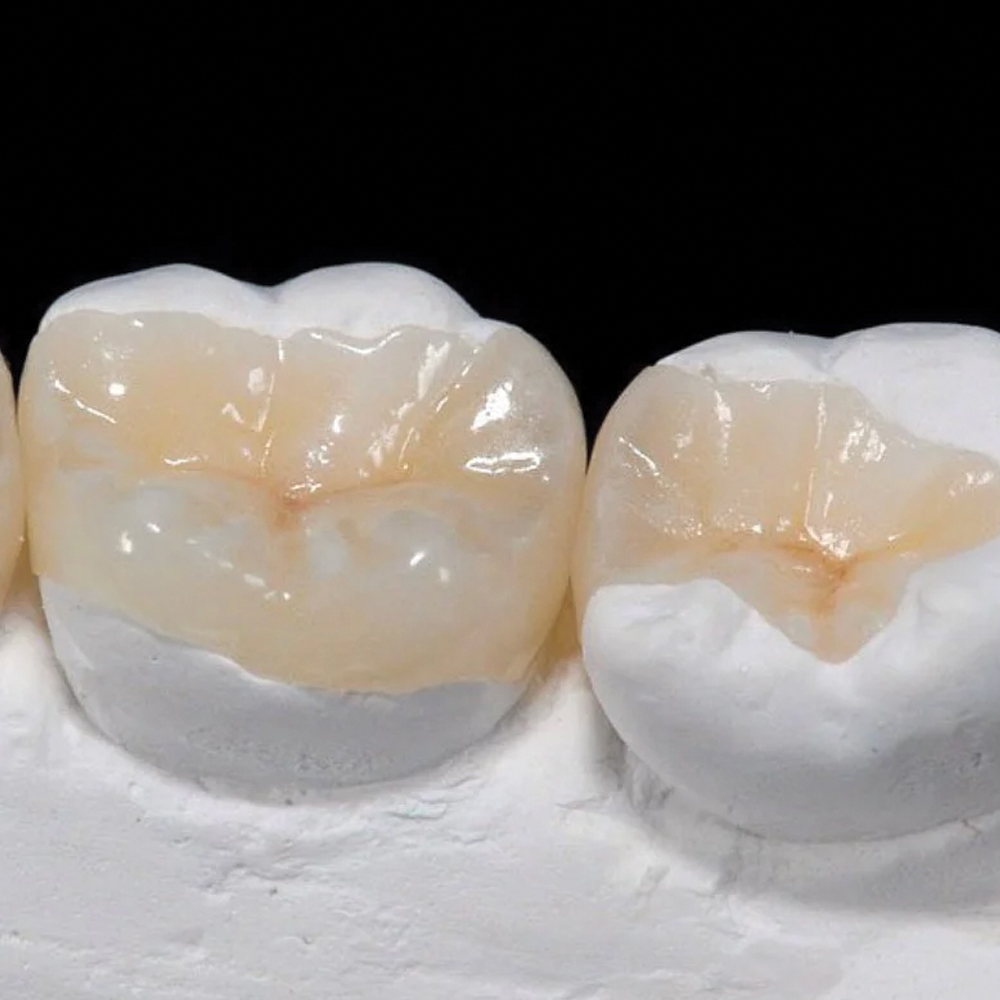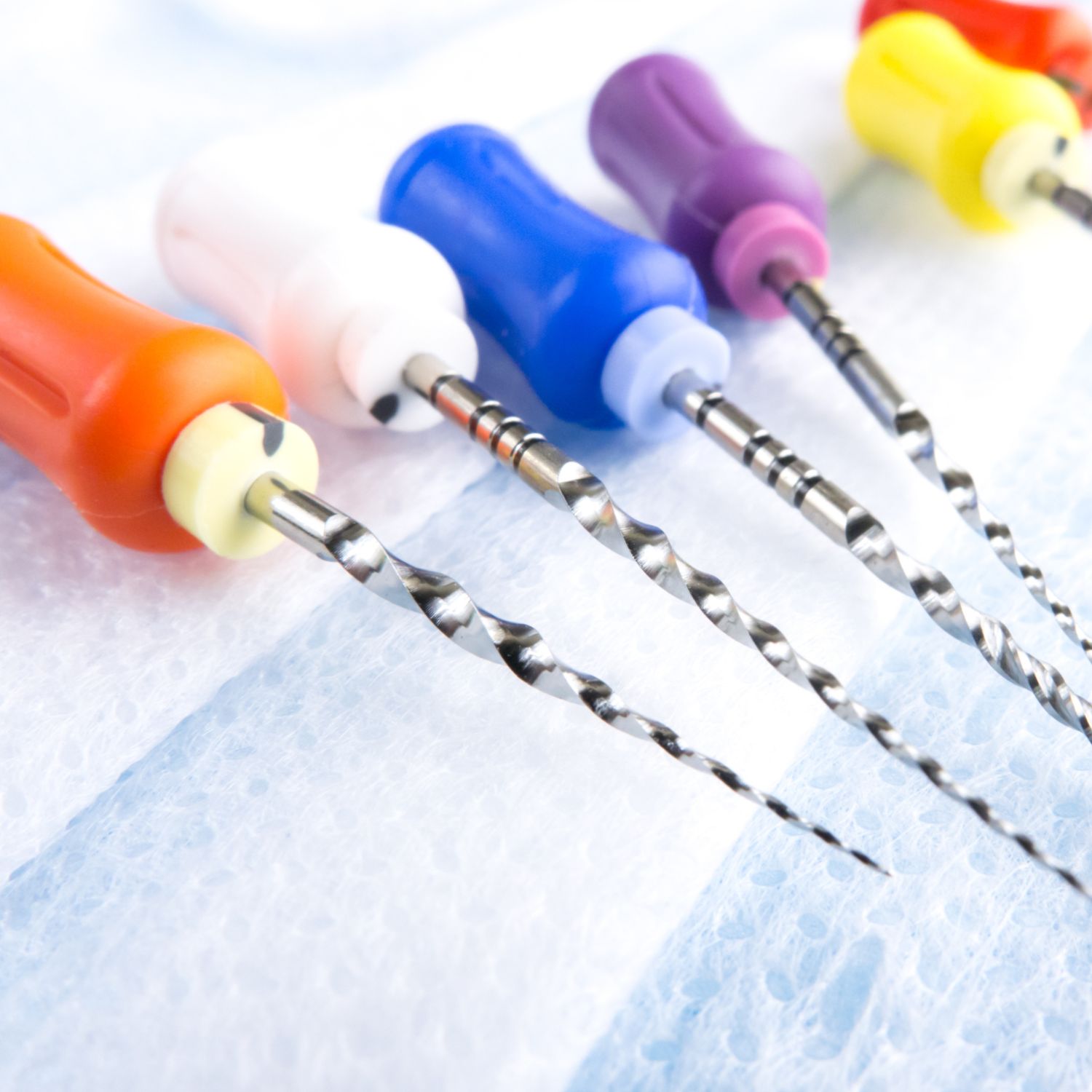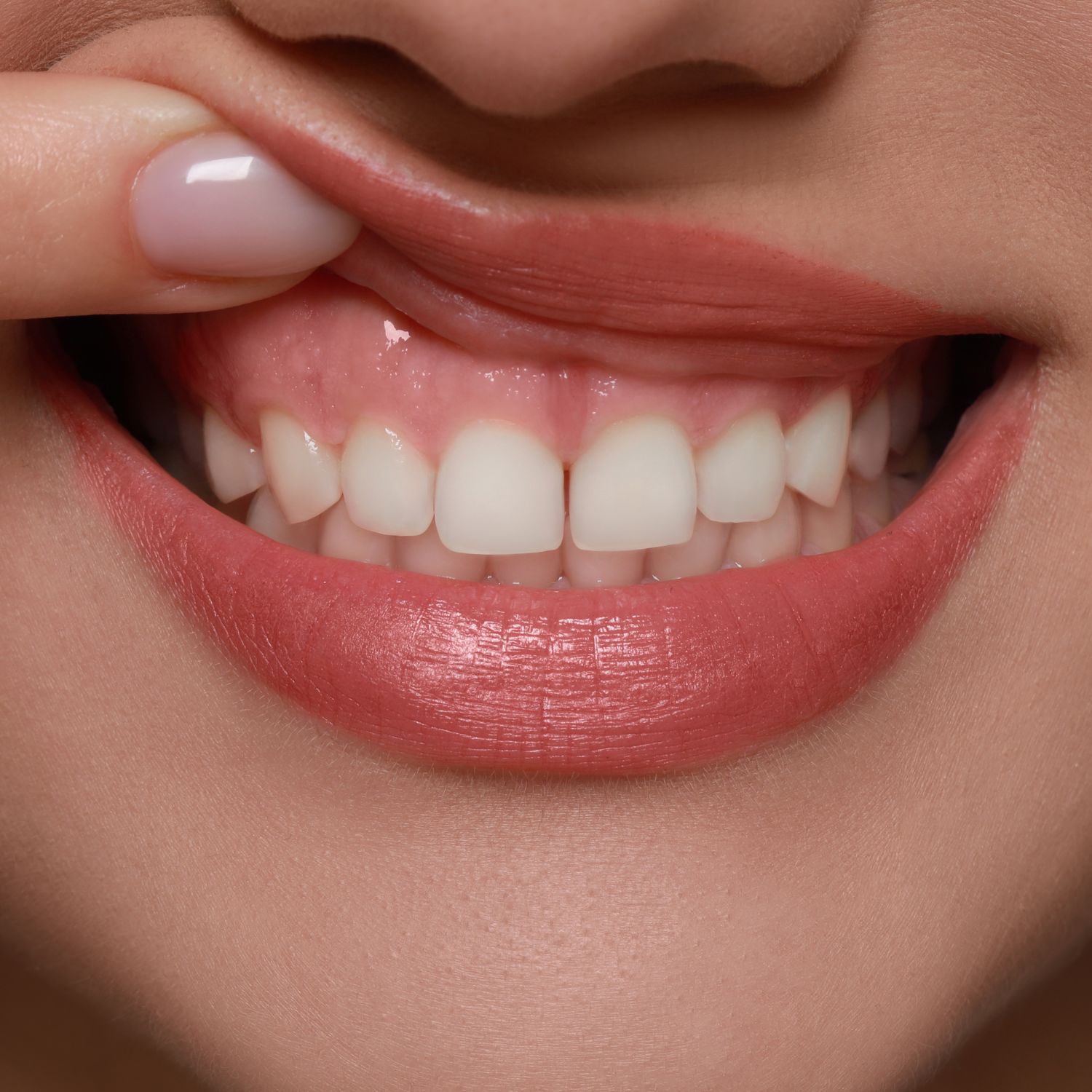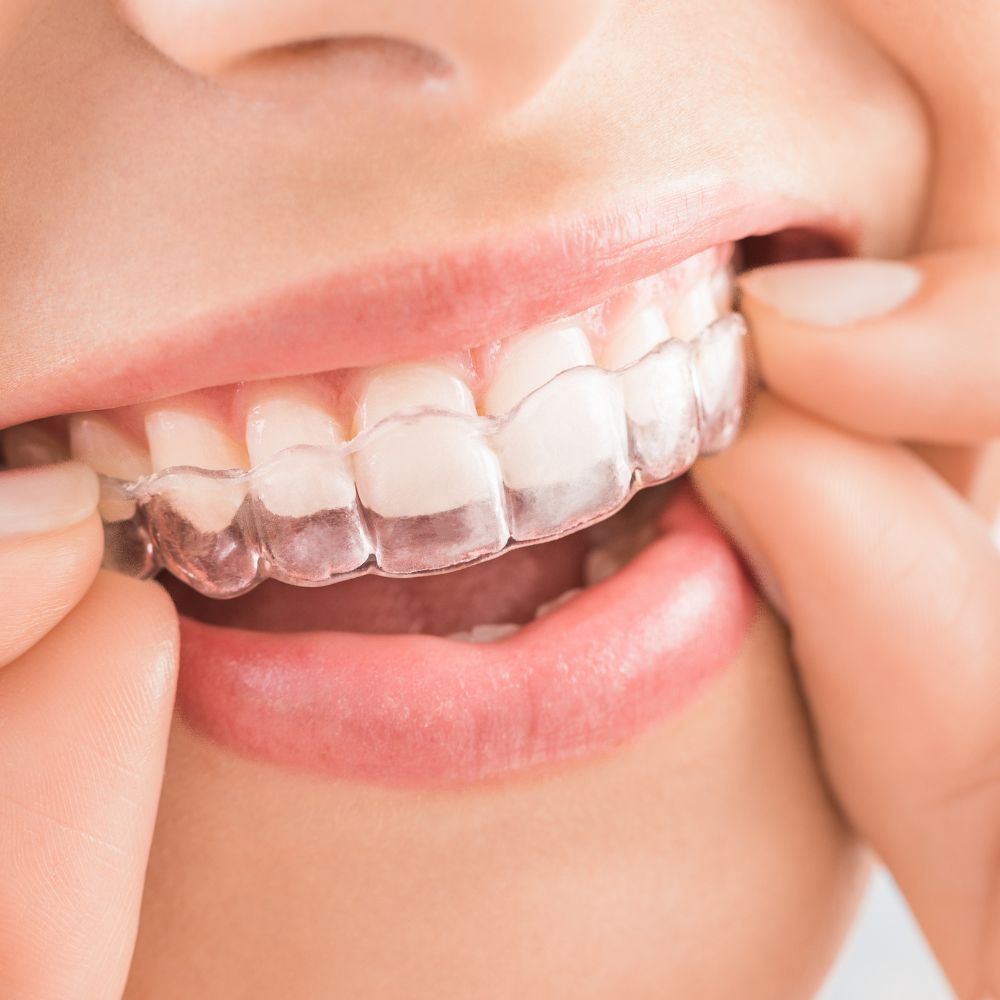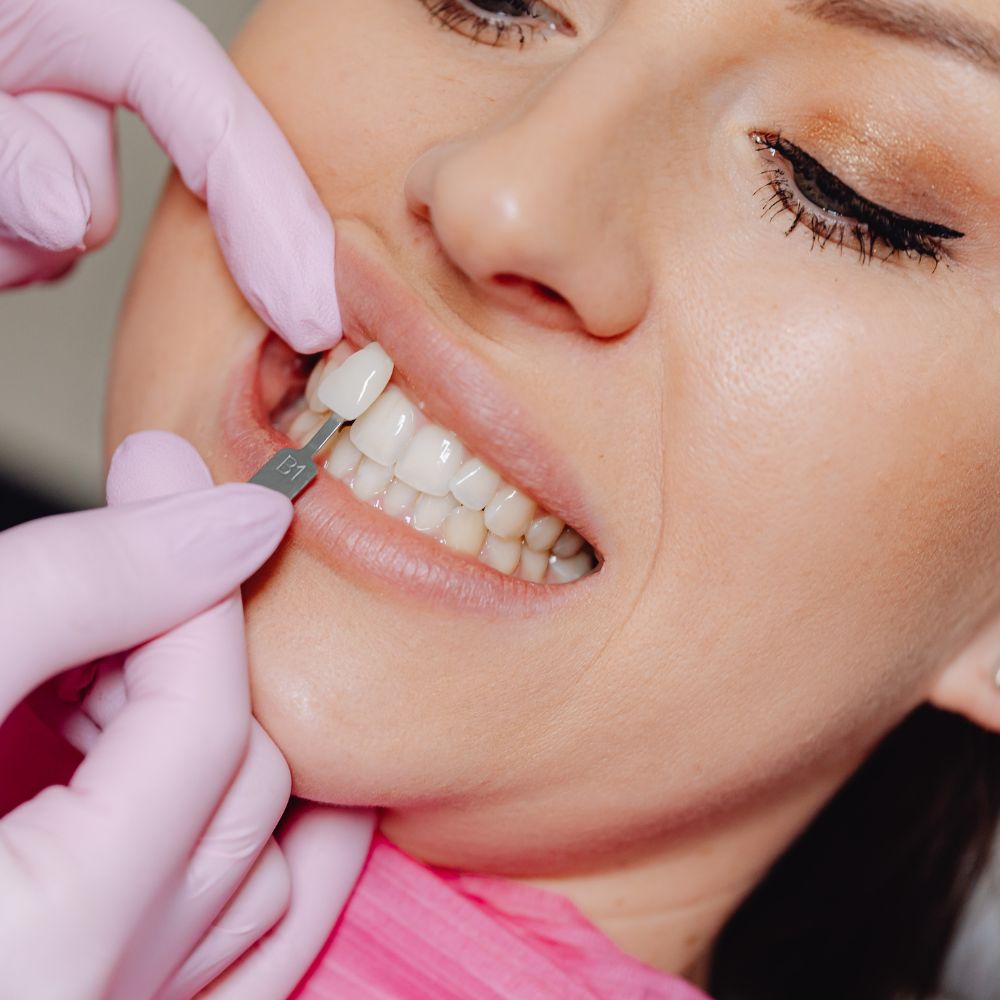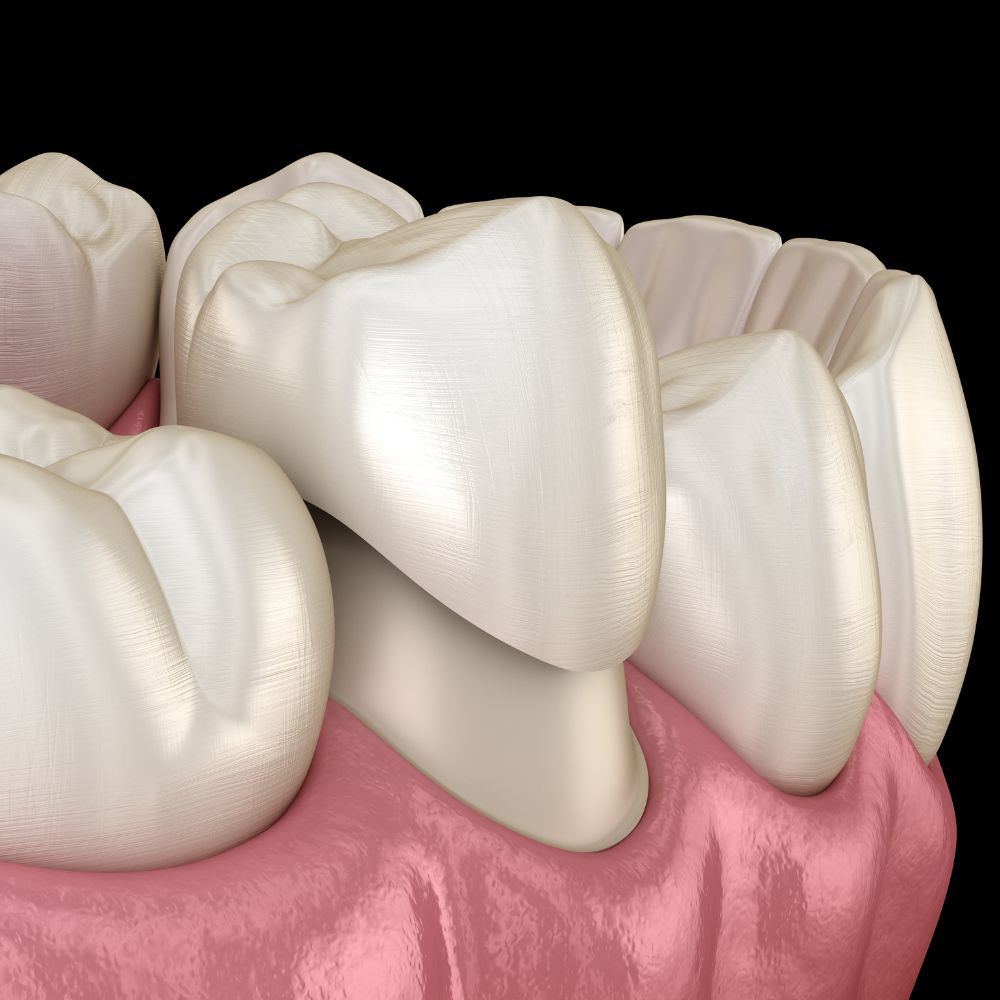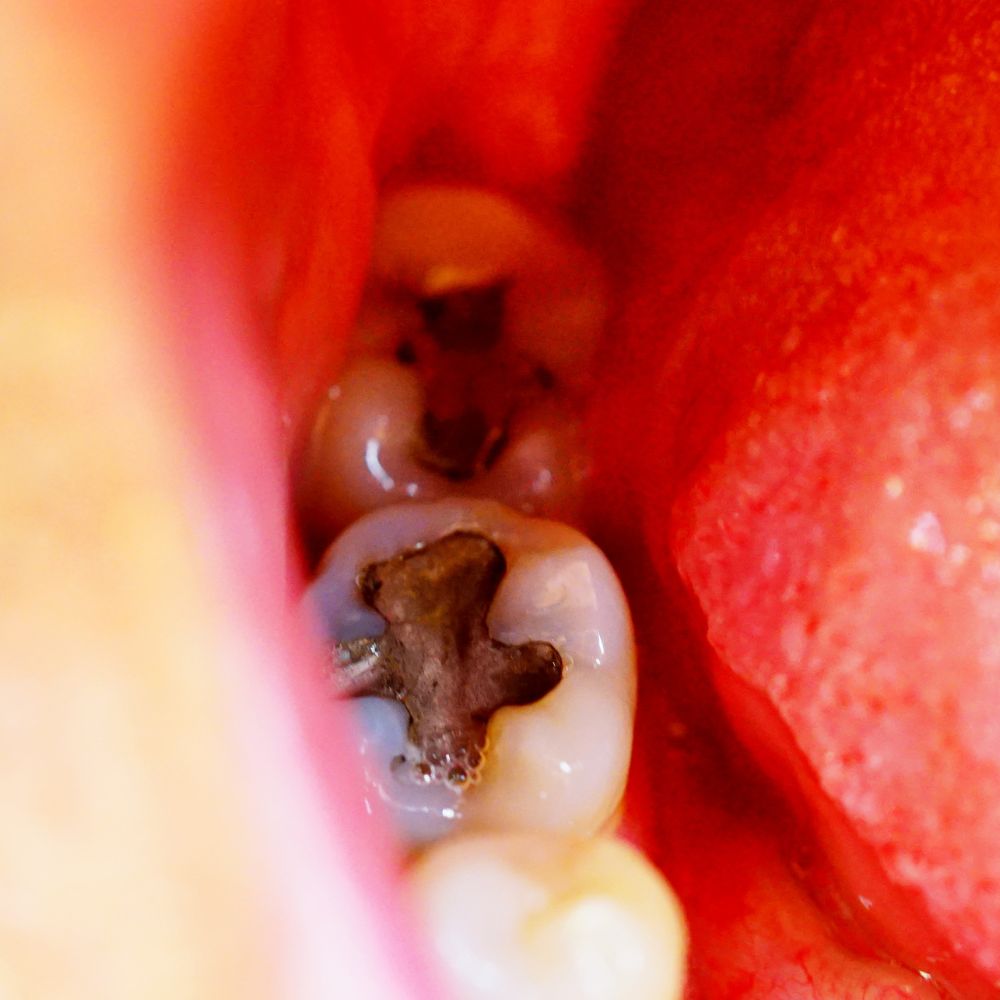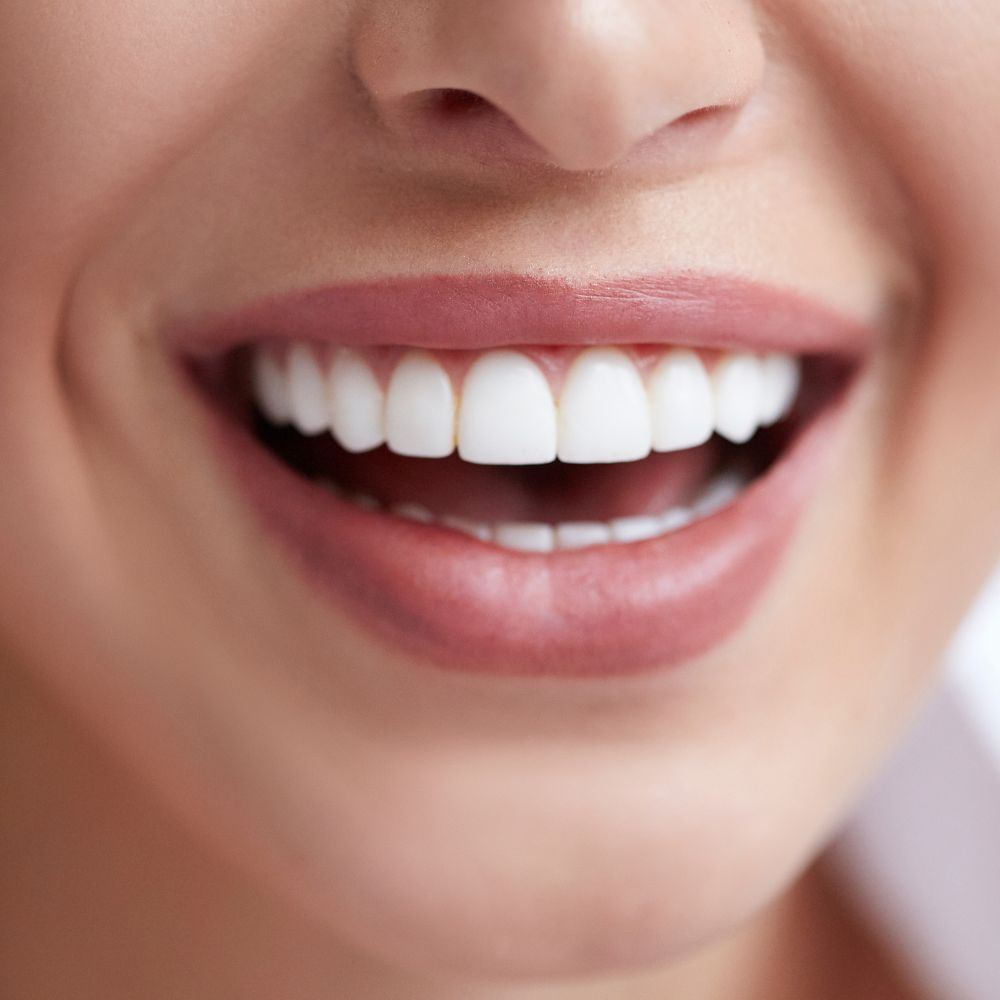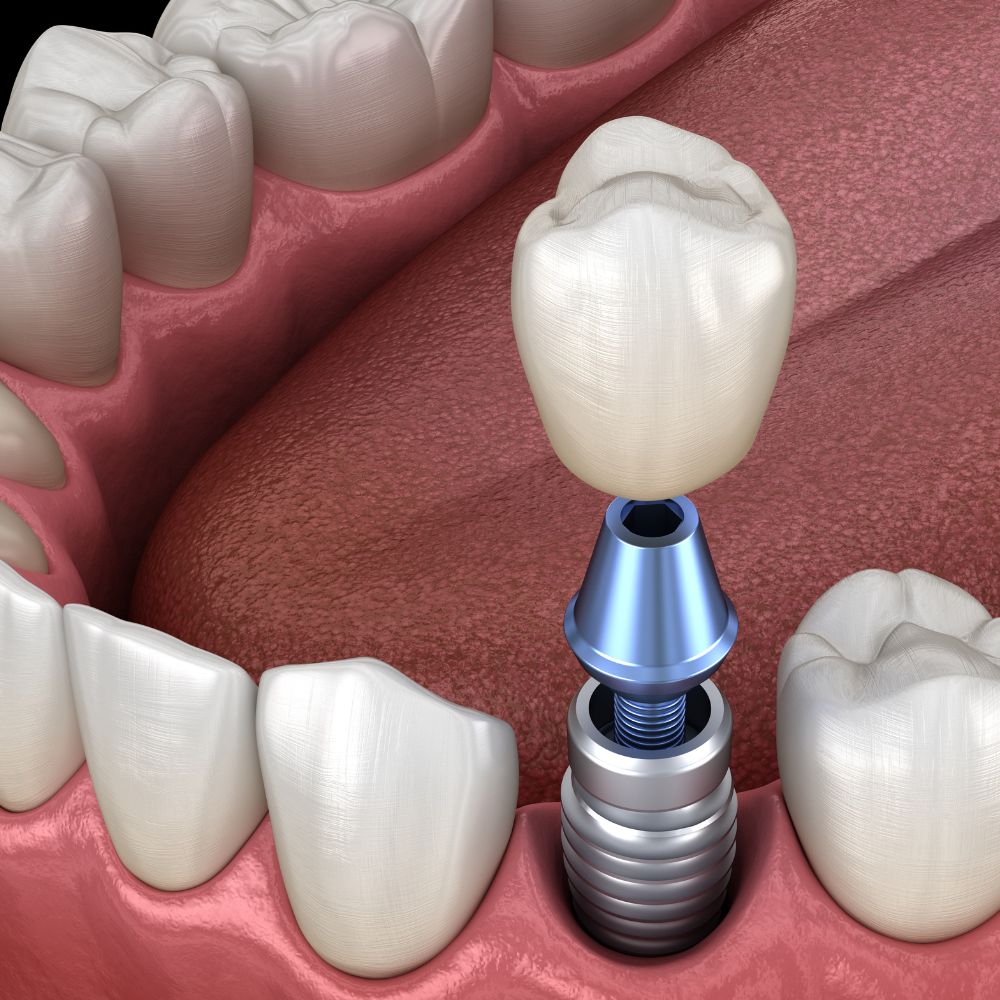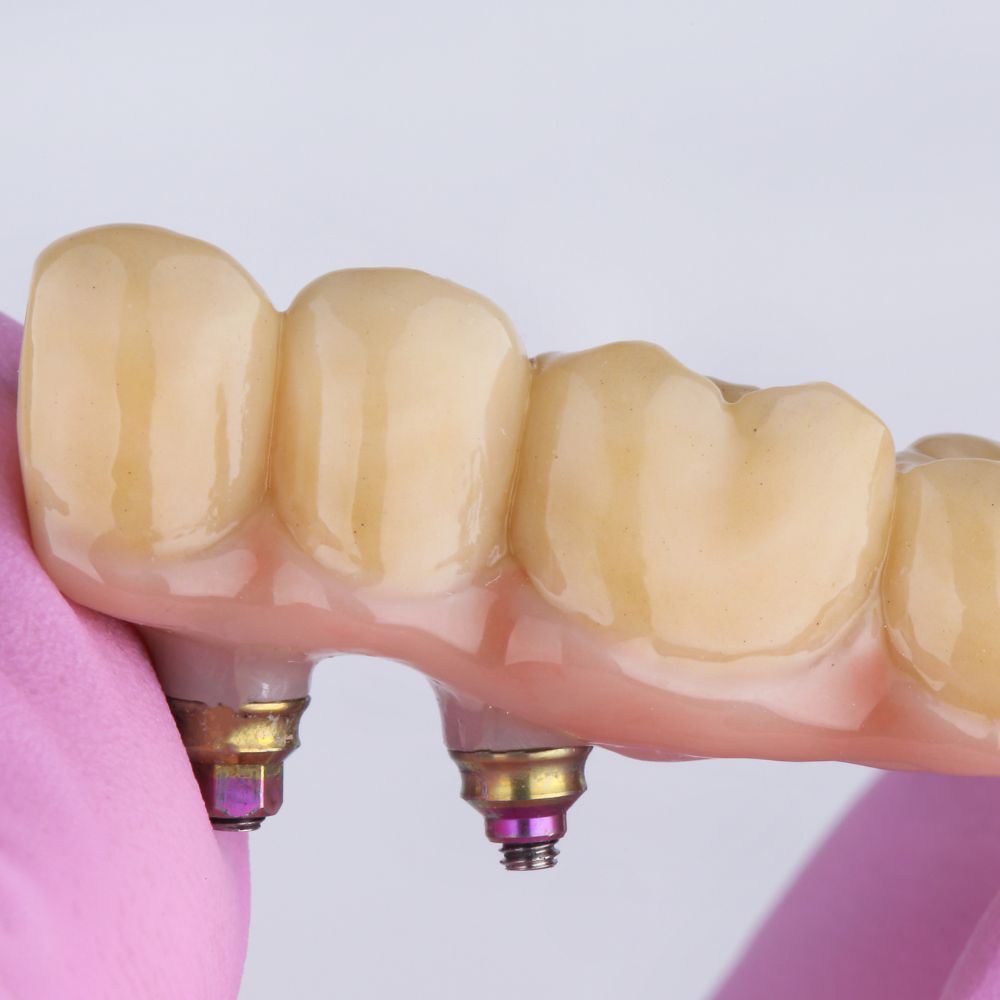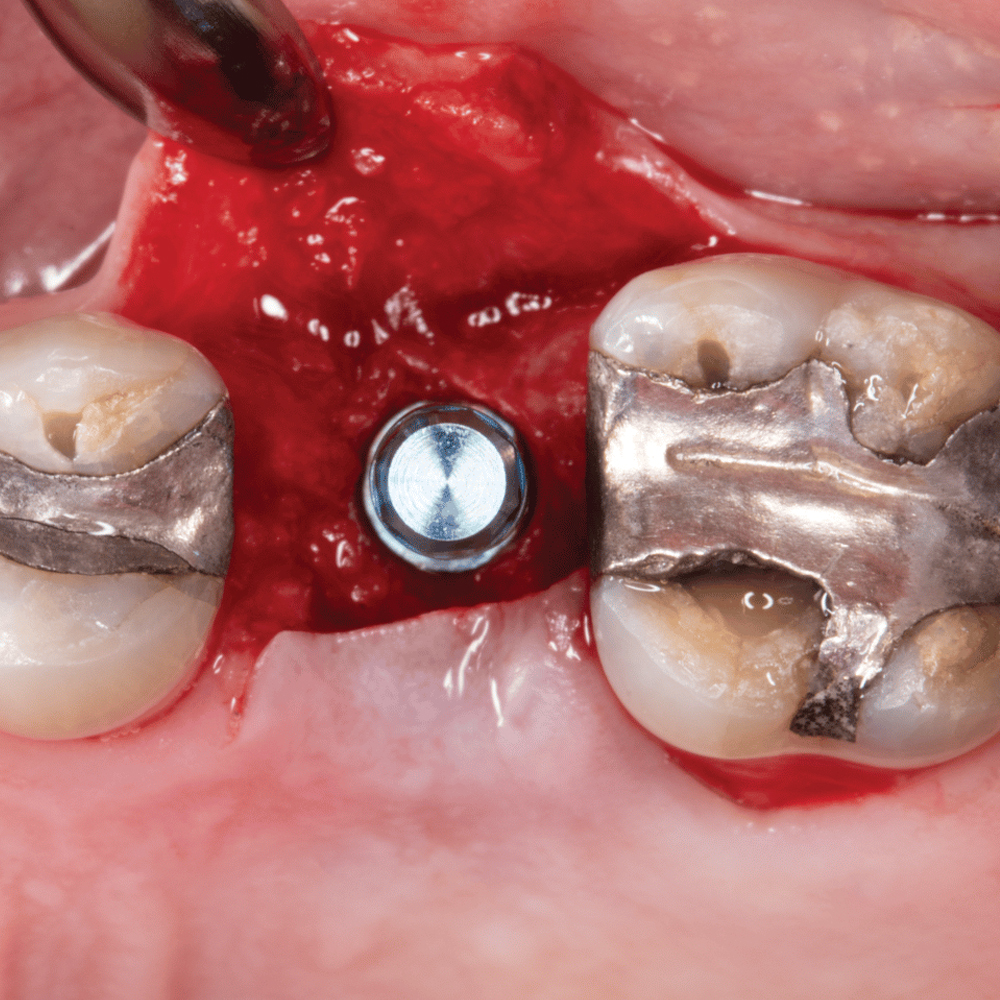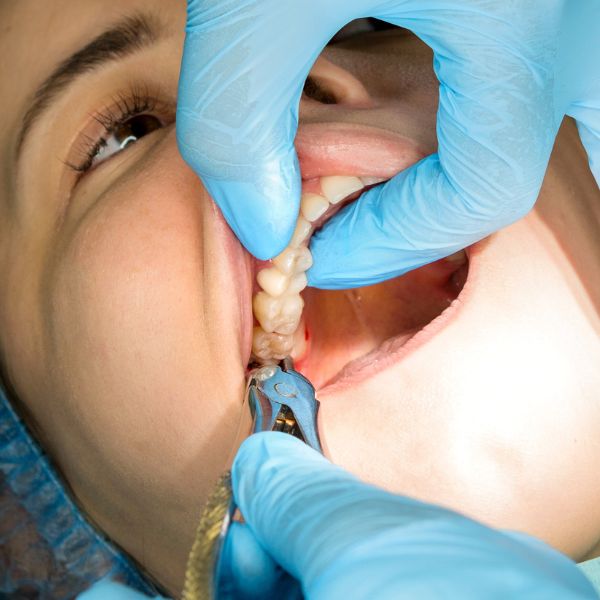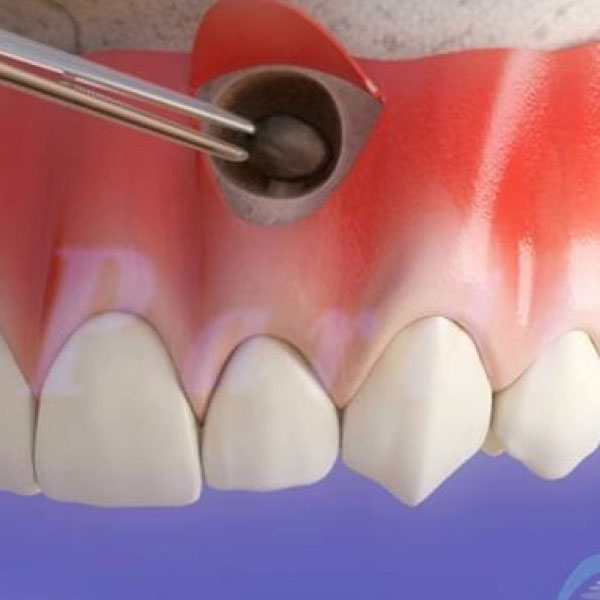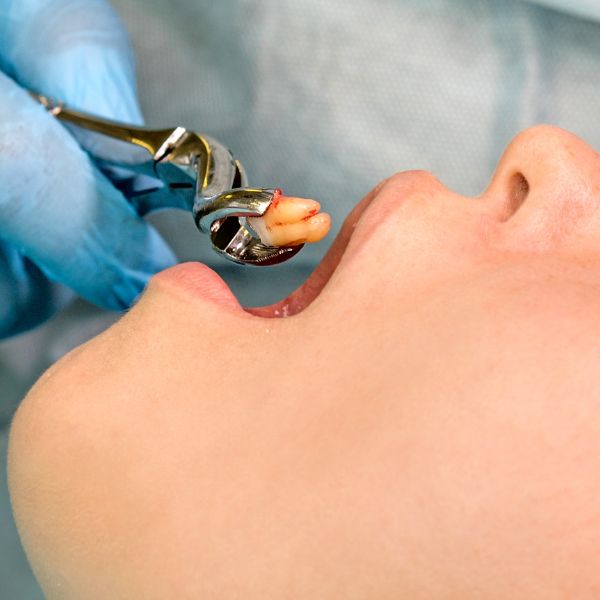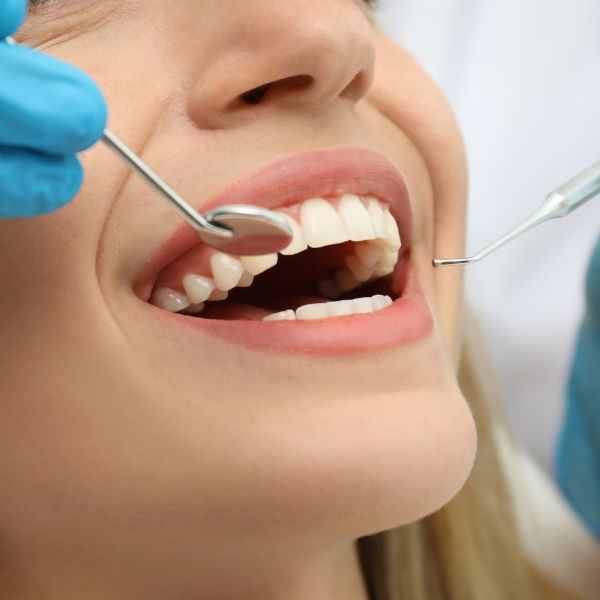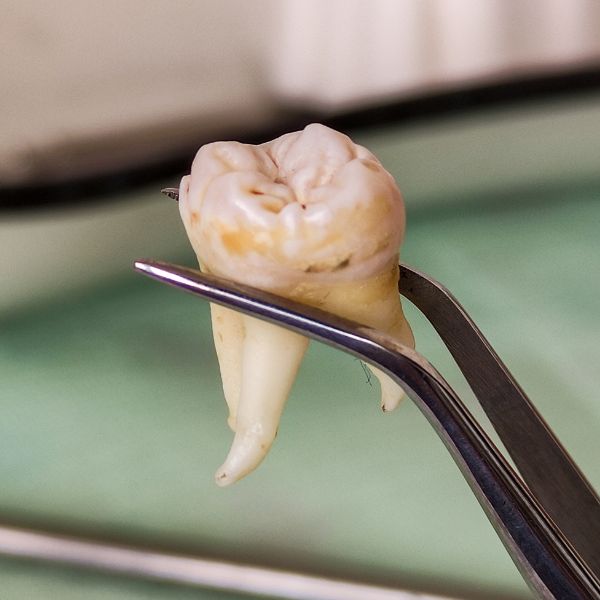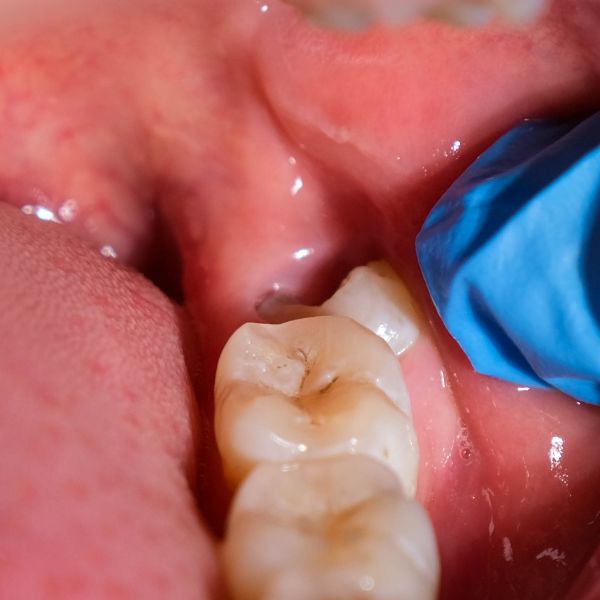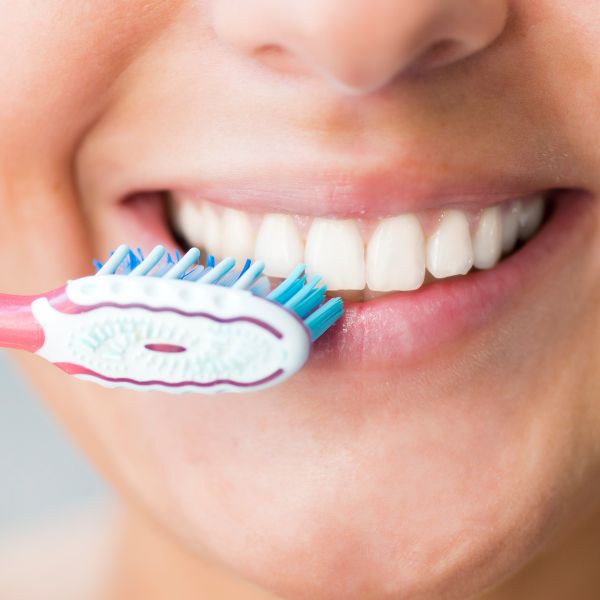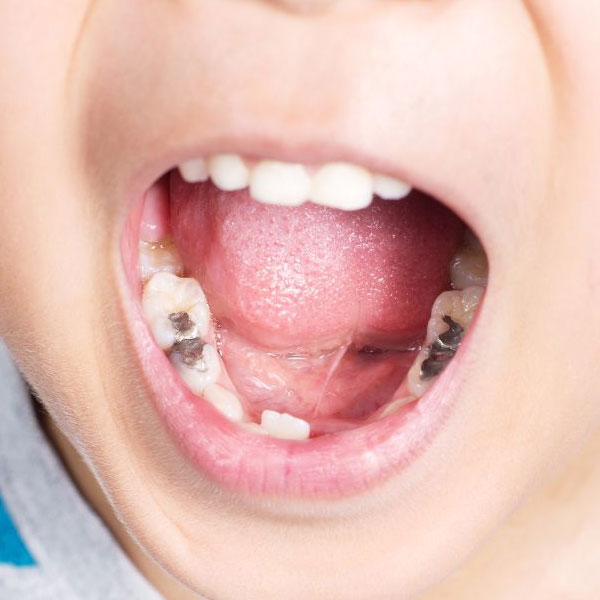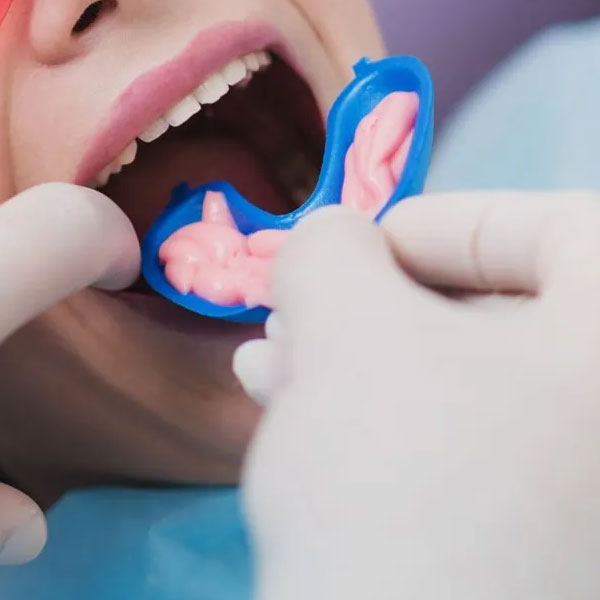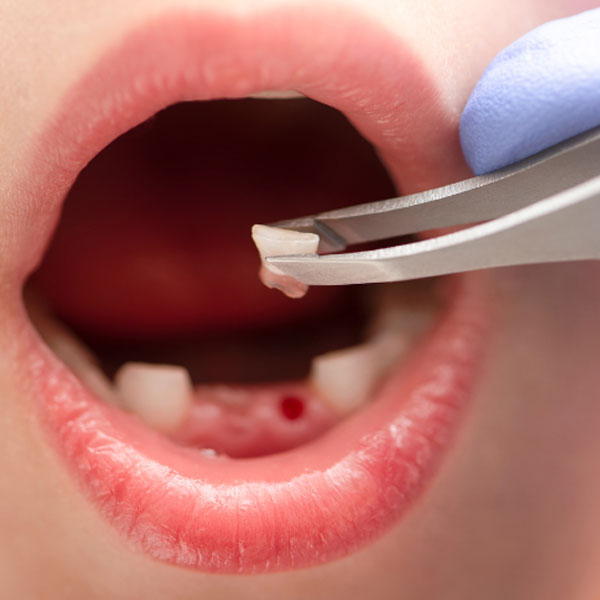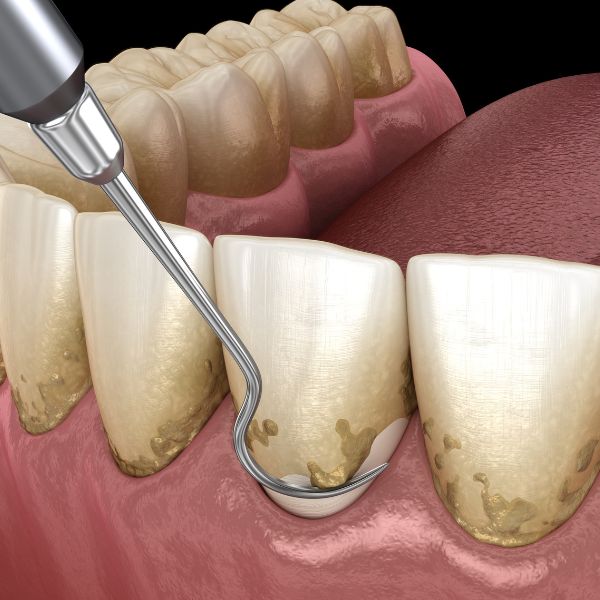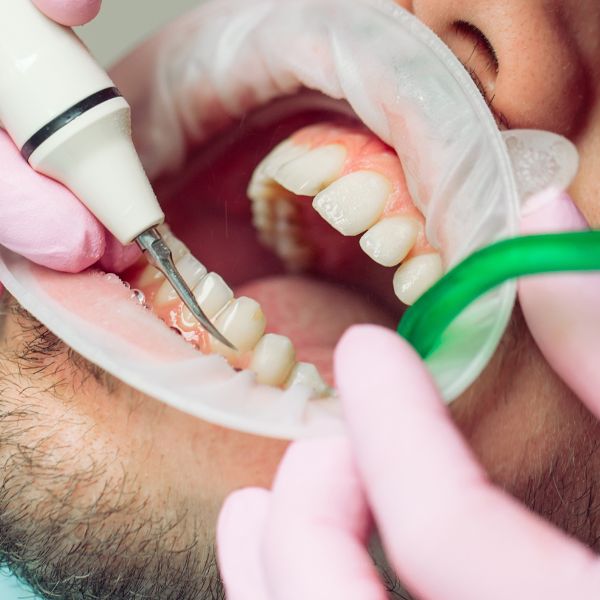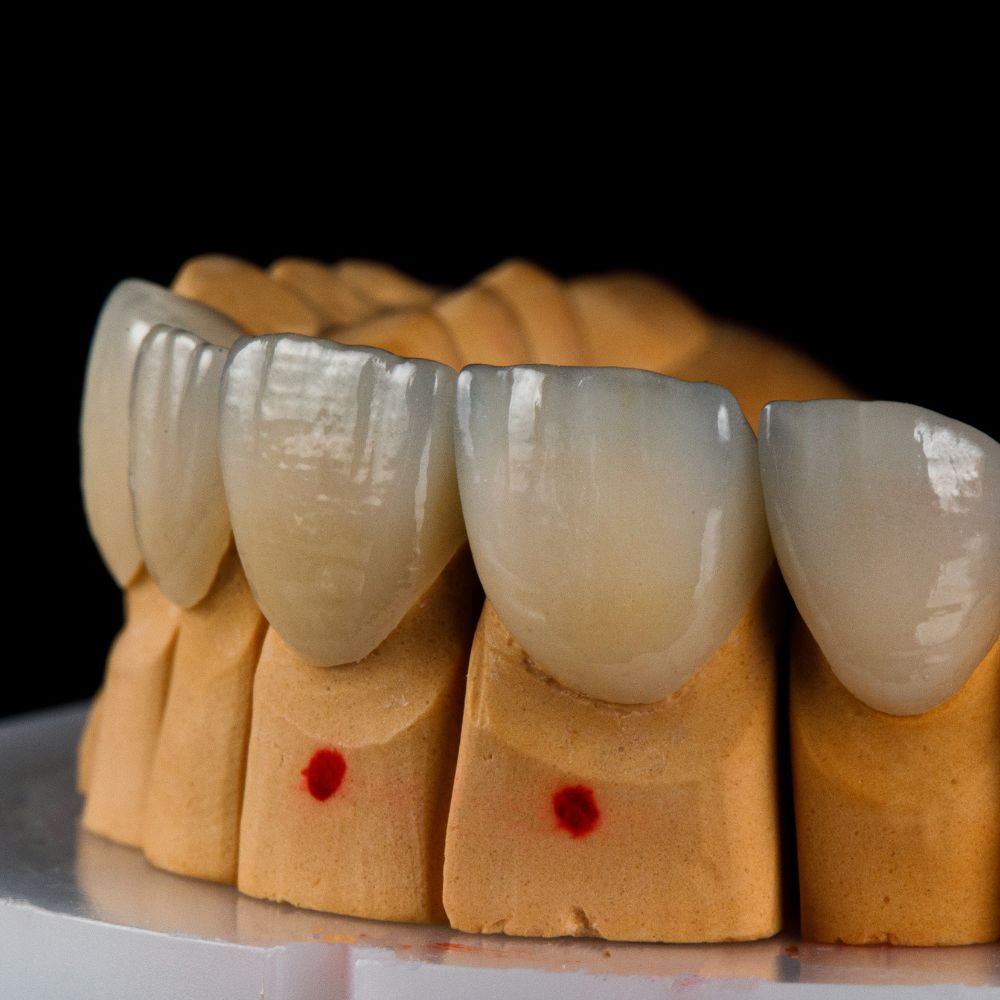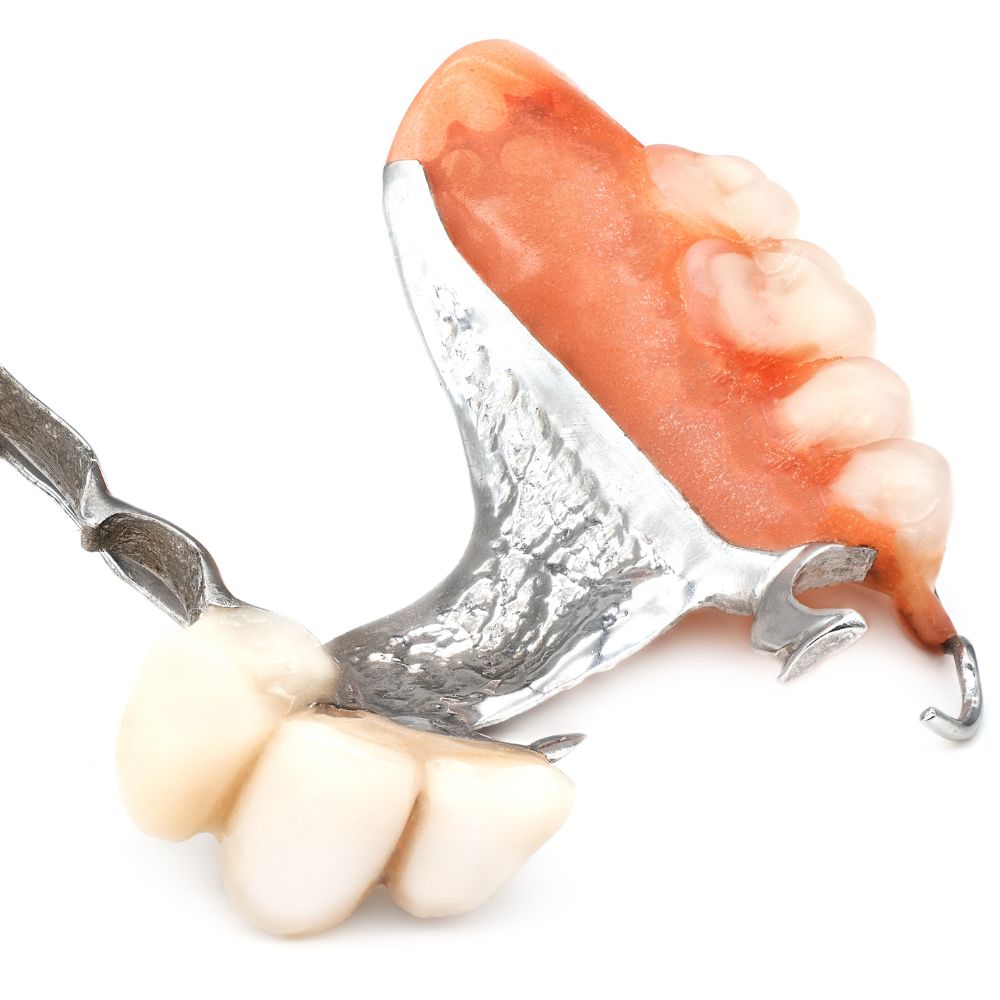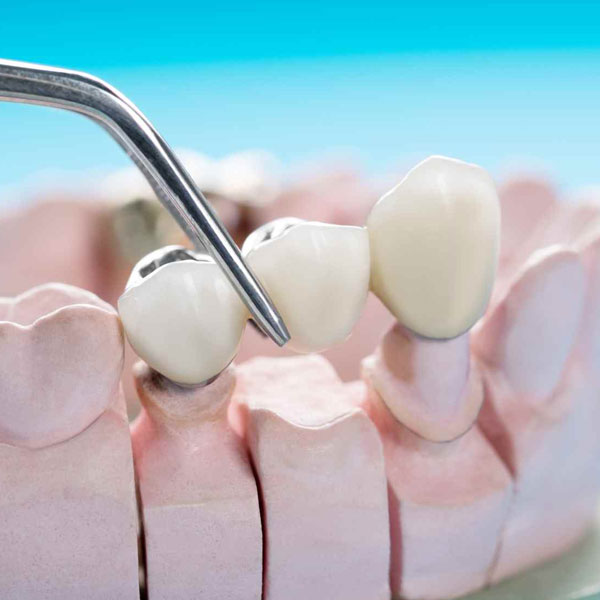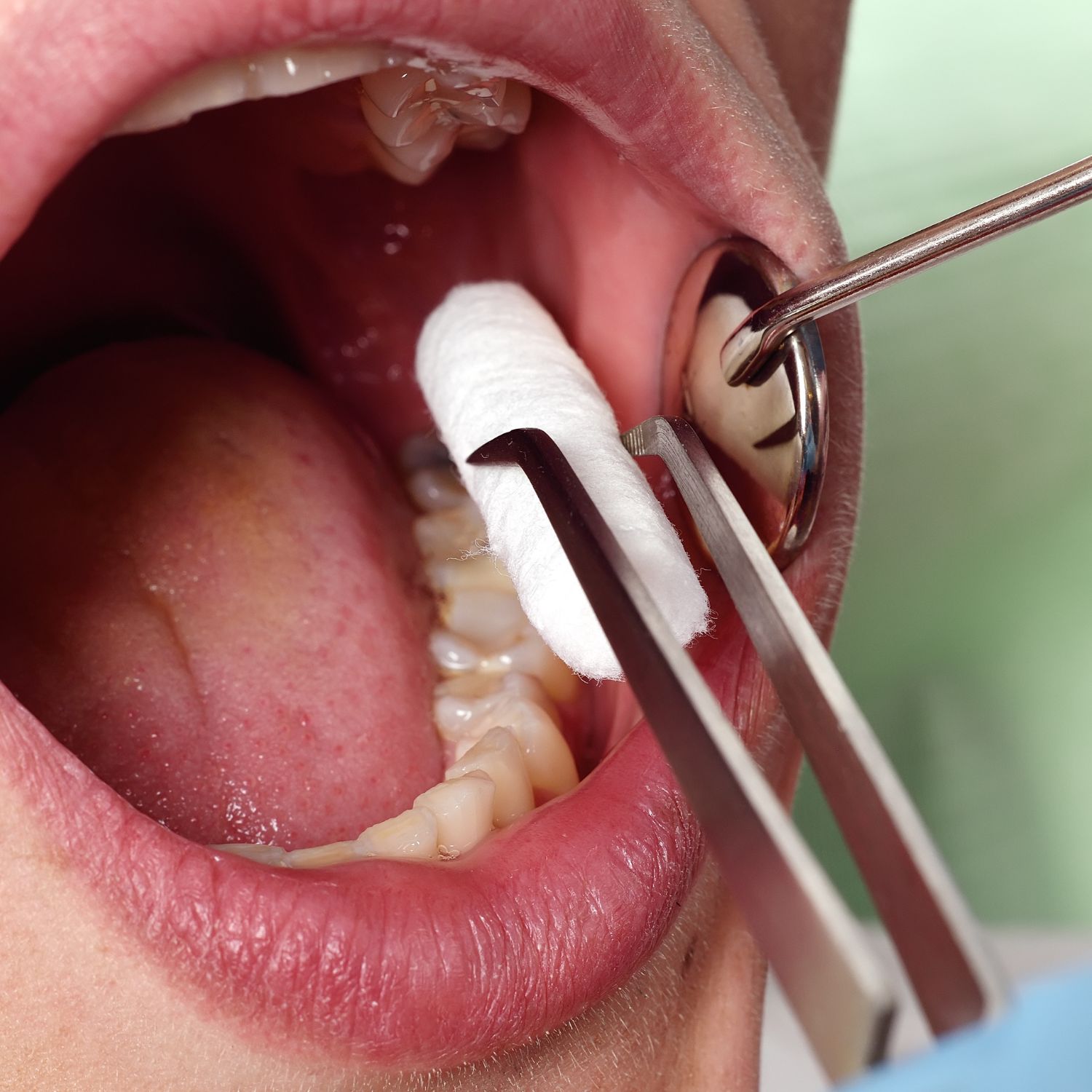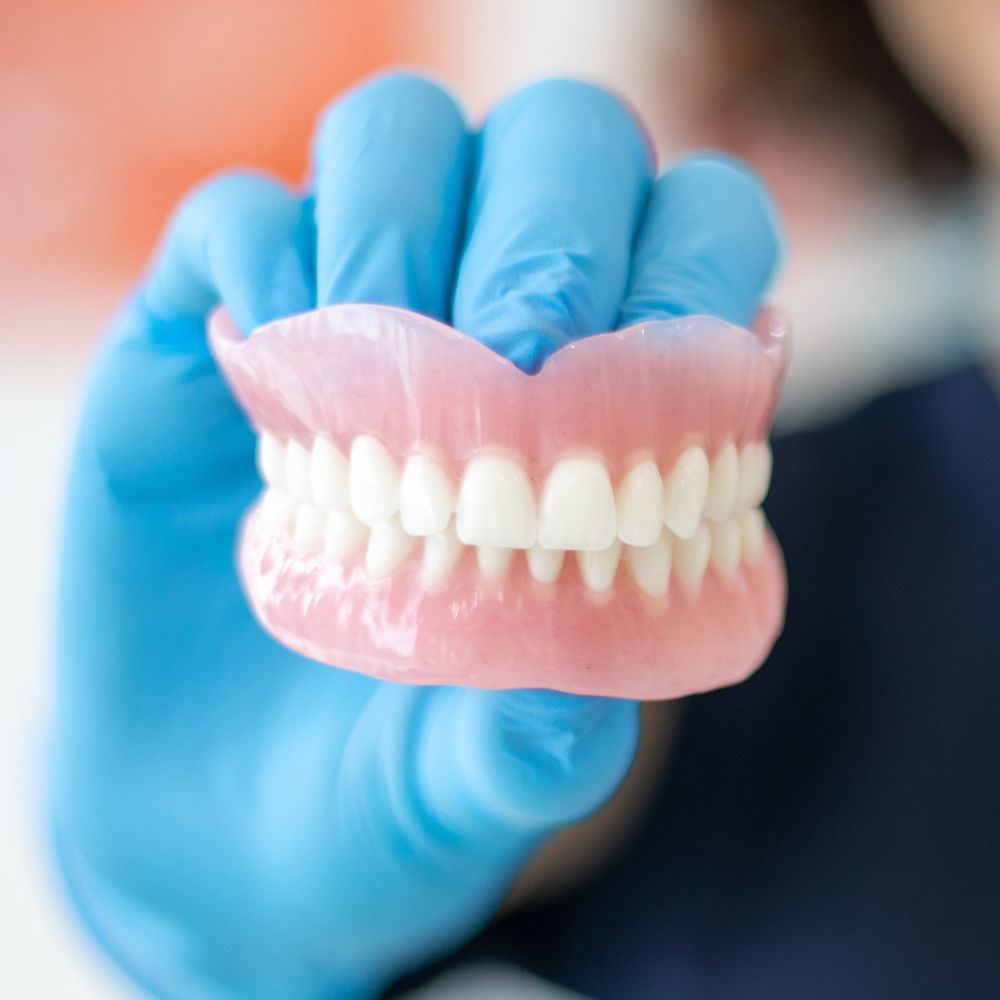Periodontal
cleaning
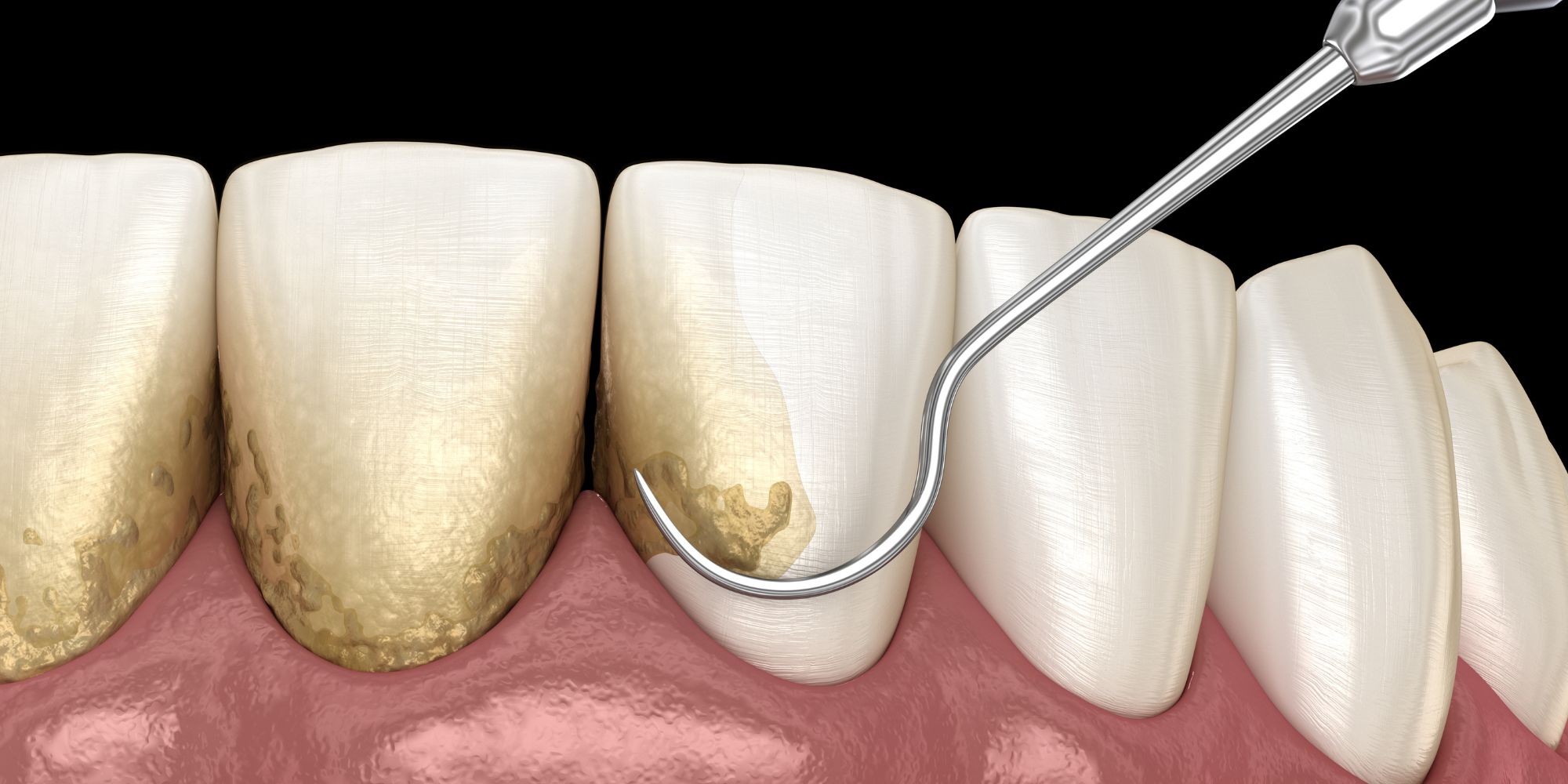
Periodontal cleaning
Periodontal cleaning is a vital dental procedure aimed at treating and preventing periodontal disease. It involves thorough cleaning of the gum pockets and tooth roots to remove plaque, tartar and bacteria that can cause gum inflammation and damage.
Understanding periodontal disease
Periodontal disease is a chronic inflammatory condition that affects the tissues surrounding the teeth. It starts with the build-up of plaque, a sticky film of bacteria that forms on the teeth and gums. When plaque is not effectively removed by regular brushing and flossing, it hardens into tartar, which can only be removed by professional dental cleaning.
If left untreated, periodontal disease can progress and lead to serious complications, including tooth loss. It is important to recognize the signs and symptoms of periodontal disease in order to seek early treatment. These include red, swollen or bleeding gums, persistent bad breath, receding gums, loose teeth and changes in the way your teeth fit together when you bite.
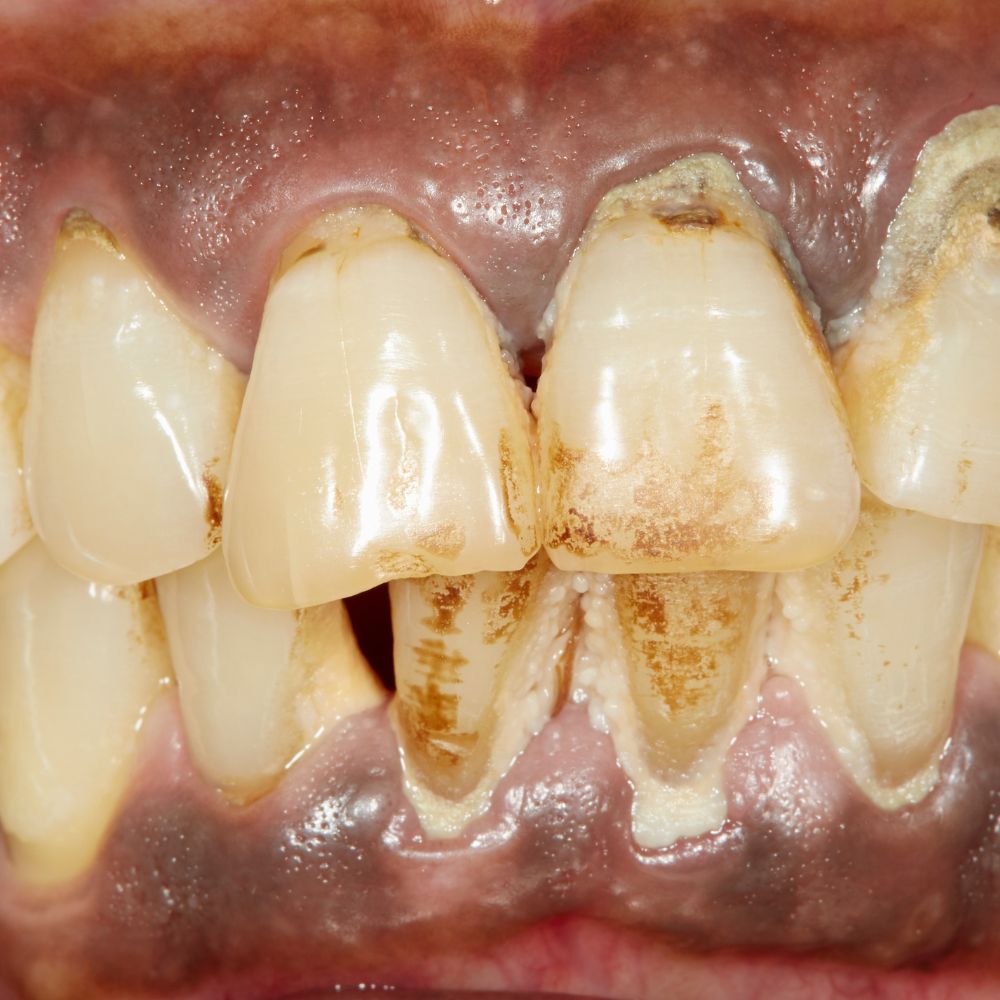
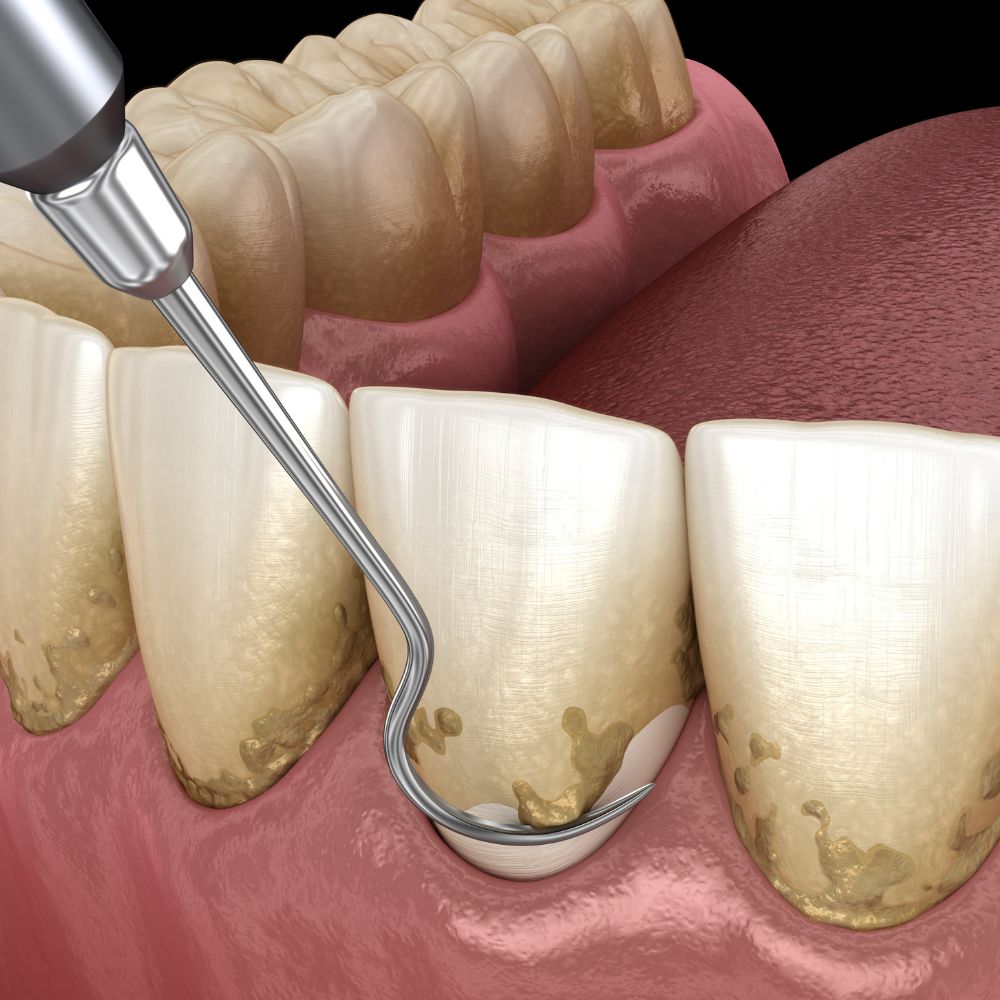
What is periodontal cleaning?
Periodontal cleaning is a non-surgical procedure performed by a dentist to remove plaque, tartar and bacteria from below the gum line. Unlike regular dental cleaning, which focuses on the surfaces of the teeth, periodontal cleaning targets the deeper gum pockets and tooth roots. Its goal is to eliminate the source of infection and inflammation, promoting healing and regeneration of gum tissue.
During the procedure, the dentist uses specialized tools to carefully remove plaque and tartar buildup. This may include scaling, which involves scraping the deposits from the surfaces of the teeth and below the gum line, and root planing, which smooths out rough areas on the roots of the teeth to prevent further buildup. Local anesthesia may be used to ensure your comfort throughout the procedure.
The importance of periodontal cleaning
Periodontal cleaning plays a key role in maintaining optimal oral health and preventing the progression of periodontal disease. By removing plaque, tartar and bacteria that cause gum inflammation, it helps stop gum tissue damage and prevent further complications. Periodontal cleaning also promotes the reattachment of gum tissues to tooth roots, reducing the depth of gum pockets and preventing the recurrence of infection.
In addition, periodontal cleaning can have positive effects on your overall health. Research has shown a link between periodontal disease and various systemic diseases, including heart disease, diabetes and respiratory infections. By treating and preventing periodontal disease through regular cleanings, you can potentially reduce your risk of developing these health problems.
Faq Periodontal cleaning
What are the benefits of periodontal cleaning?
Periodontal cleaning offers numerous benefits to your oral health and overall well-being. First, it effectively removes plaque, tartar and bacteria that cause inflammation and damage to the gums. By eliminating the source of infection, it helps promote healing and regeneration of gum tissue, reducing the depth of gum pockets and improving the overall health of your gums.
Additionally, periodontal cleaning can help prevent tooth loss caused by advanced periodontal disease. By treating the underlying infection and inflammation, it can stabilize loose teeth and prevent further damage to the supporting structures. This can save your natural teeth and prevent the need for more invasive treatments such as extractions or dental implants.
Additionally, maintaining good periodontal health through regular cleanings can have positive effects on your overall health. By reducing the burden of oral bacteria and inflammation, it can potentially reduce the risk of systemic diseases such as heart disease, diabetes and respiratory infections. Investing in your oral health through periodontal cleaning is a preventative measure to ensure your overall well-being.
How is periodontal cleaning done?
Periodontal cleaning is usually performed in multiple visits, with each visit focusing on specific areas of the mouth. The dentist will assess the severity of your periodontal disease and determine the appropriate treatment plan. Local anesthesia may be administered to ensure your comfort during the procedure.
Using specialized tools, the dentist will carefully remove plaque and calculus from the gum pockets and tooth roots. This procedure may include scaling, which involves scraping away the deposits, and root planing, which smooths the rough surfaces to discourage further buildup. The dental professional will also assess the condition of your gum tissues and may provide additional treatment, such as antimicrobial therapy or laser treatment, if necessary.
After the initial deep cleaning, you will be advised on proper oral hygiene practices to maintain periodontal health. This may include regular brushing and flossing, using antibacterial mouthwash, and attending regular dental checkups and cleanings.
How long does periodontal cleaning last?
The duration of periodontal cleaning can vary depending on the severity of your gum disease and the extent of treatment required. It can be completed in a single visit or spread over multiple appointments. Your dentist will provide you with an estimate based on your specific situation.
Does periodontal cleaning hurt?
Local anesthesia is usually used during periodontal cleaning to ensure your comfort throughout the procedure. You may experience some mild discomfort or tenderness afterward, but this can be managed with over-the-counter pain relievers and following the aftercare instructions provided by your dentist.
How often should I have a periodontal cleaning?
The frequency of periodontal cleaning depends on the severity of your gum disease and your individual needs. In general, a periodontal cleaning is recommended every three to four months to maintain optimal periodontal health. Your dentist will assess your situation and provide you with a personalized recommendation.
Can periodontal cleaning reverse gum disease?
While periodontal cleaning is a critical step in treating gum disease, it may not be able to completely reverse the damage caused by advanced periodontitis. However, it can help stop the progression of the disease, promote healing and prevent further complications. Early detection and treatment is key to achieving the best results.

